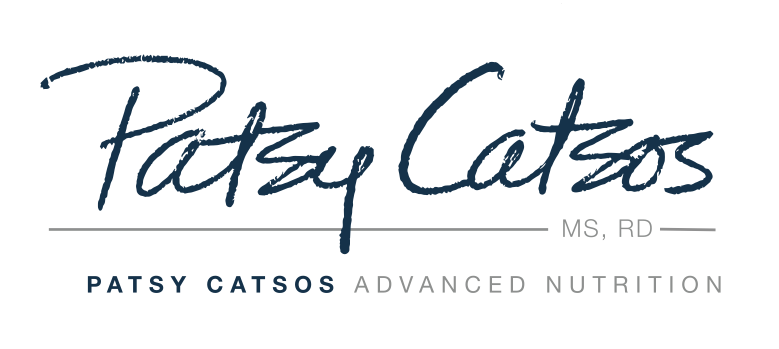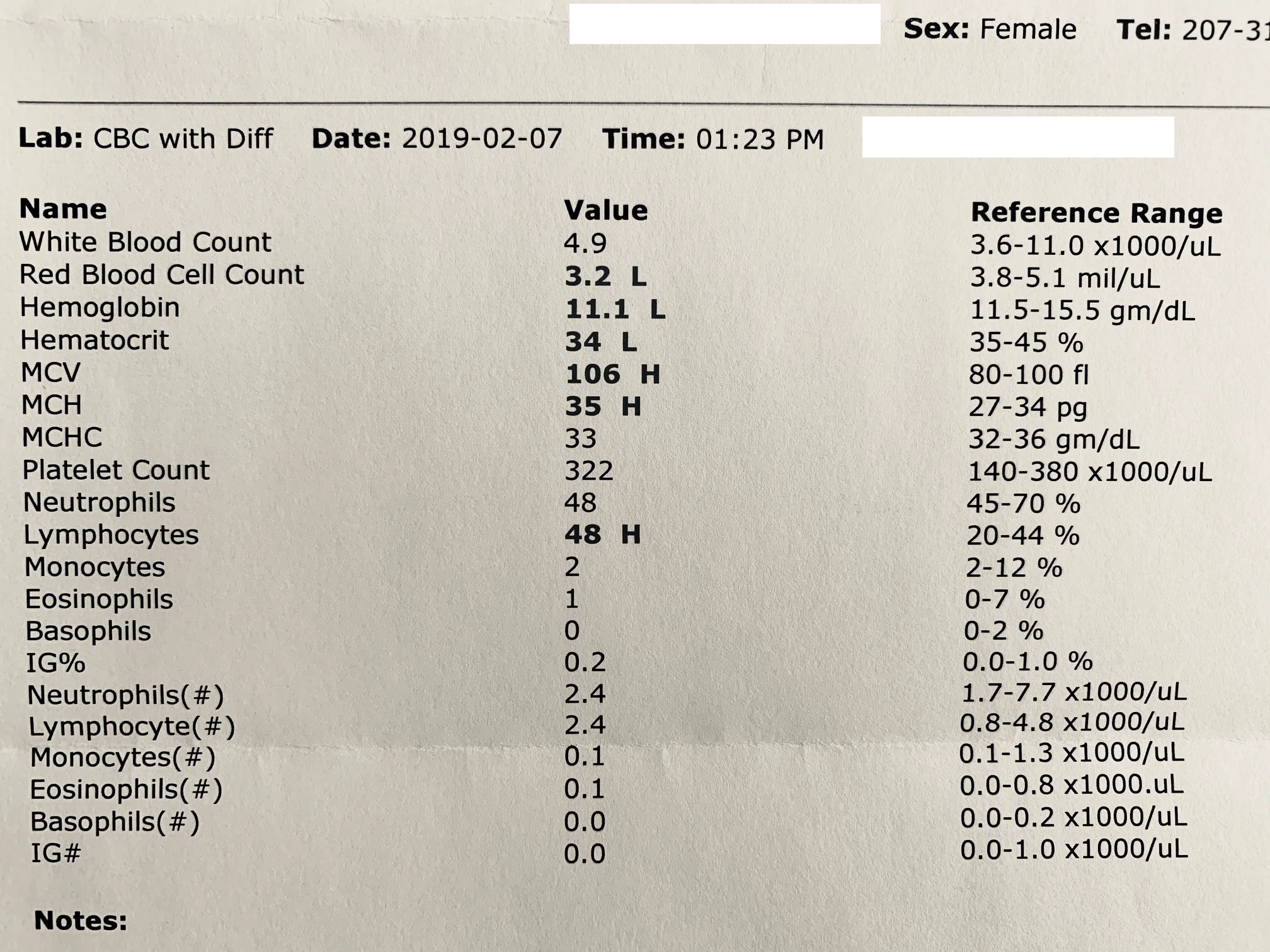Q. I like to keep up on things, and I’ve heard a few speakers and writers say there is risk of malnutrition on a low-FODMAP diet. Though my doctor recommended a low-FODMAP diet, I have lost a few pounds on it, and now I’m worried. Could I be malnourished? What should I do about it?
A. The short answer: There are plenty of nourishing foods available for you to choose from on a low-FODMAP diet. But if your food preferences or other medical problems prevent you from eating them, its a good idea to see your doctor or dietitian for help.
Despite the obligatory “note of caution” you may hear in talks about FODMAPs, there is nothing special about a low-FODMAP diet that puts a person at risk for malnutrition. A few observations I can make, based on the thousands of patients I have helped with low-FODMAP diets, include these:
There are good food sources of each and every nutrient available on a varied low-FODMAP diet. When my patients are at risk of not consuming enough of a particular nutrient, it is usually more about their personal food choices than about FODMAPs. I am not blaming anyone here. I am merely observing that people have their own reasons why they can’t or won’t eat certain foods, and this affects their nutrient intake far more than following a low-FODMAP diet ever could. A low-FODMAP diet cannot be blamed for an individual’s decision not to eat their vegetables, or animal products, or gluten, or other food. Some people have medical reasons they can’t eat a full variety of low-FODMAP foods, for example they may have kidney stones, or GERD, or food allergies.
The most common cause of weight loss in people with IBS or SIBO is not a mystery, and it is not following a low-FODMAP diet. It is under-eating. This might seem obvious. But almost every week I see at least one patient who needs help because they are afraid their weight loss might be caused by their gastrointestinal condition, It often emerges that they're "not eating much.” Sometimes, they’ve been restricting their diet far beyond what they should be, based on advice from Facebook groups or online summits or whatever. Make sure you are using resources for your low-FODMAP diet that are trustworthy and prepared by trained nutrition professionals (or writers working closely with nutrition professionals). Do not rely on hearsay that people are passing around online. Please don’t over-restrict your diet if you want to keep your nutrition up!
If you find yourself in this situation, consider this a gentle nudge to put two and two together—eat! Eat! if you eat more, you will most likely stop losing weight, or gain back some of the weight you have lost if you wish to. Many low-FODMAP foods are good for helping people gain weight, especially high-protein foods and healthy
Some people with concerns about malnutrition do need specialized care from a physician or dietitian. If you have had unplanned weight loss of more than 5-10% of your body weight over the past few months, or if you have been unable to eat at all for the past five days, see your doctor. A history of unexplained anemia or other abnormal laboratory values, are other signs that should not be ignored.
If you have had abnormal labs values or weight loss that hasn’t occurred because you are eating less, discuss it with your doctor or dietitian. These might be signs that you actually are malnourished.
If food-related fear or anxiety are making it difficult for you to get enough to eat, you may benefit from working with a behavioral health specialist. Sometimes it’s not about the food, especially if you know yourself to have an anxiety disorder or a history of disordered eating, whether diagnosed or not. Ask your doctor or dietitian for a referral.
For the latest study about nutrient intake and diet quality during low FODMAP diets, see Staudacher HM, Ralph FSE, Irving PM, Whelan K, Lomer MCE. Nutrient Intake, Diet Quality, and Diet Diversity in Irritable Bowel Syndrome and the Impact of the Low FODMAP Diet. J Acad Nutr Diet. 2019. doi:10.1016/j.jand.2019.01.017.
This page may contain affiliate links. We are a participant in the Amazon Services LLC Associates Program, an affiliate advertising program designed to provide a means for us to earn fees by linking to Amazon.com and affiliated sites.


